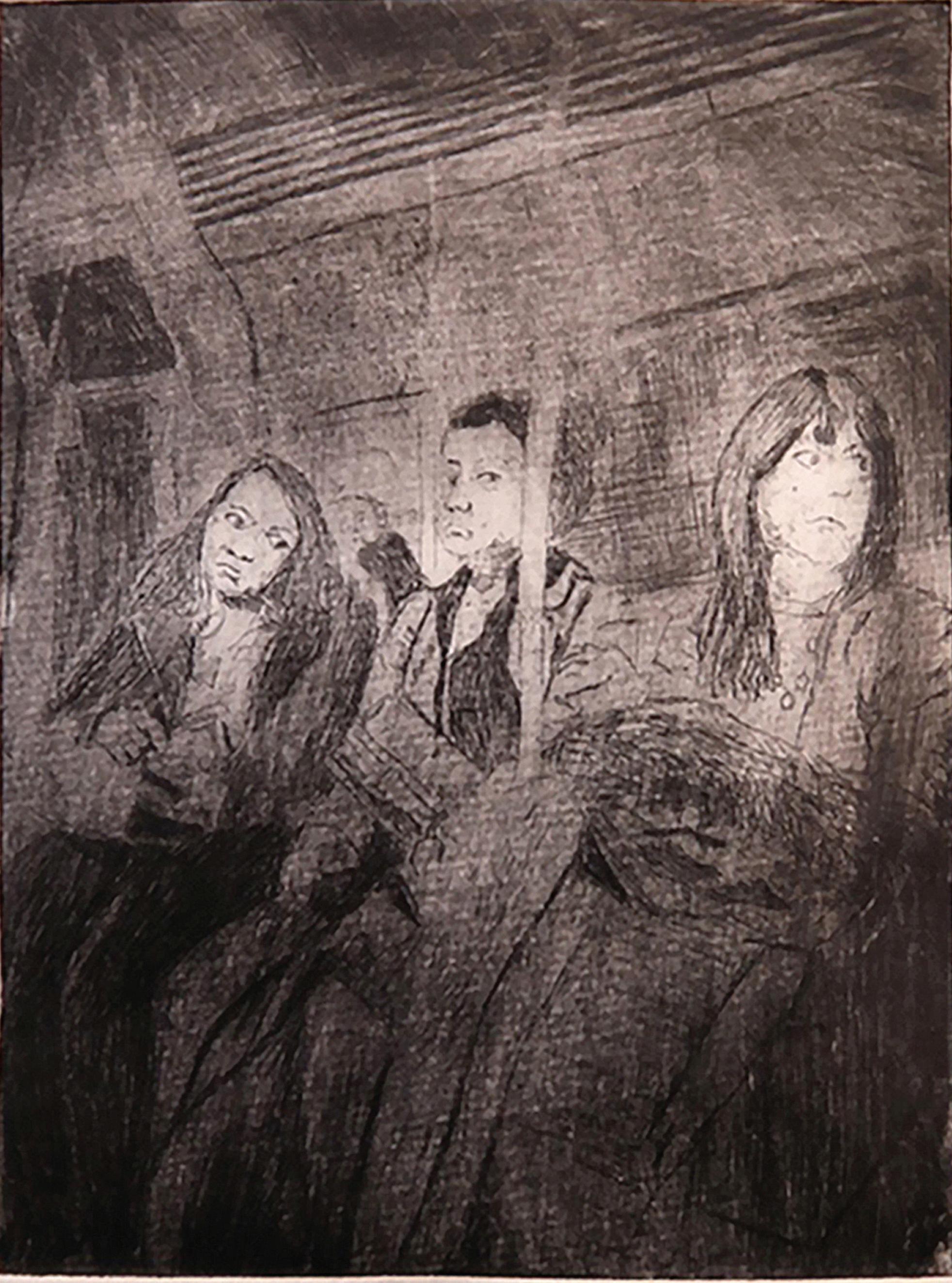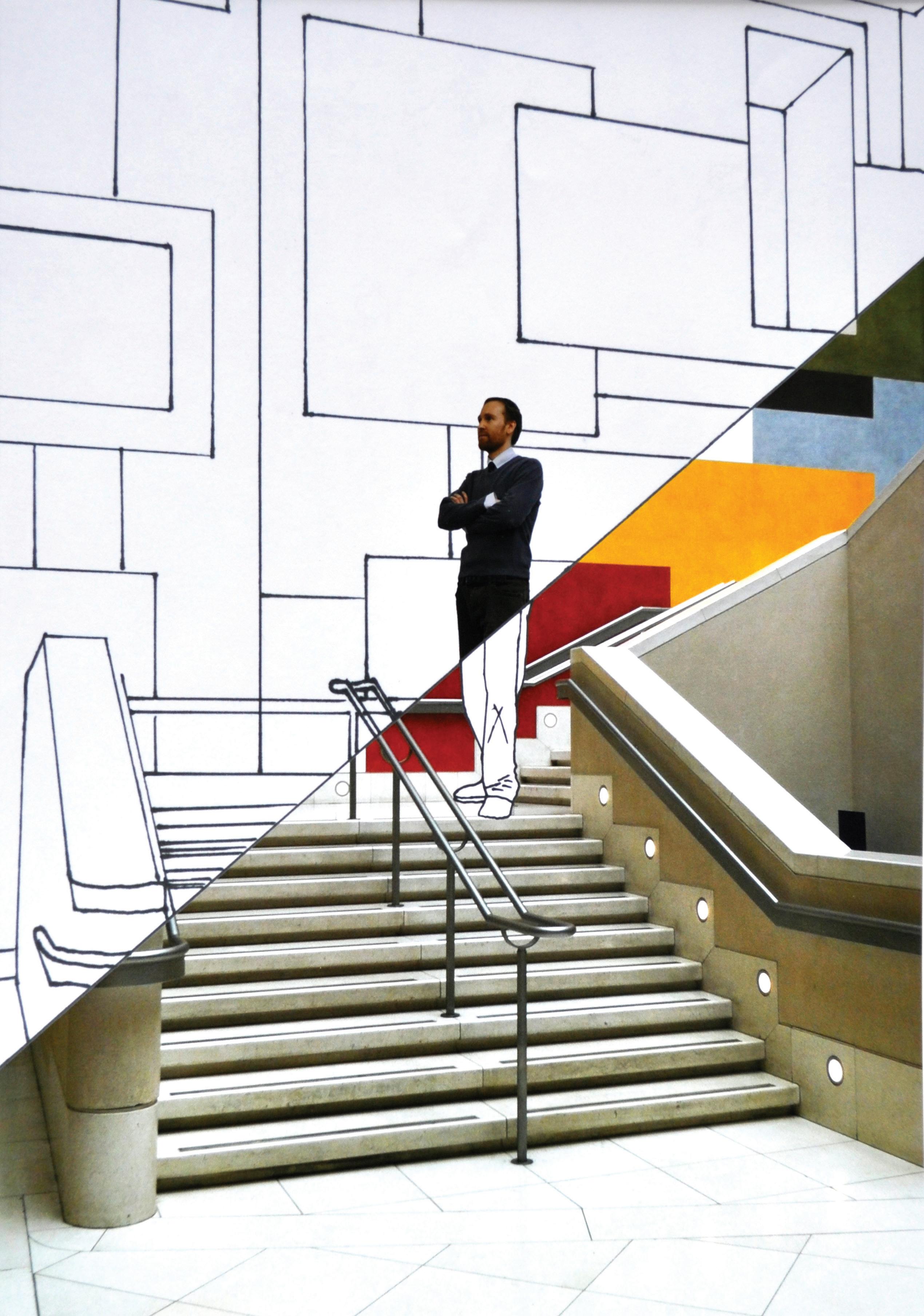
7 minute read
The importance of selection in the survival of the fittest
Schools The importance of selection in the survival of the fittest
O R Houseman struggles with some awkward heritable traits
A week before the end of the summer term, a father wrote to complain about the fact that his son had been dropped from the 1st XI to the 2nd XI. He pointed out that he was writing as a ‘knowledgeable and entirely independent observer’. All of the other parents agreed with him, he told me: the decision was outrageous, and the master and professional coach who were selecting the team were ‘clearly incompetent and biased’.
I rather hoped that when I next saw him he would ask whether I had enjoyed his parody of an interfering parent’s letter, or whether the line about being an ‘entirely independent observer’ had made it too obvious. He had been entirely serious.
Team selection is of course a very delicate issue and is handled with a great deal of sensitivity: schoolmasters are fully aware of the lasting psychological impact which can be caused by dropping a boy from a team. Managing the impact on the parents is a much more complicated issue.
A few years ago a mother called me on the Thursday evening before the first rugby match of the Michaelmas term. Her son had just started the lower sixth. He had been the first choice fly half in his age group team for three years. In the previous season he had trained with England under 16s. For the first game of this new season he was on the bench for the 1st XV. An older boy who had played in his position the previous season was in the starting line up. His mother explained that her son was distraught.
“They have totally destroyed his confidence. Of course he is the best player. I know: I have watched every game he has played. They have also changed the way he plays. They have stifled him. He is a naturally creative and attacking player. They have removed all of his flair.”
I saw this discussion of tactics as an opportunity to control the conversation.
“Well, Mrs M, it is difficult for me to comment on the team tactics. I am no rugby expert, so I shall leave that to the coaches. I can assure you that they are highly experienced and extremely successful.”
She did not recognise my attempt to tell her diplomatically that she knew nothing about rugby tactics either, as she had no doubt whatsoever in her own judgement.
“I am a rugby expert,” she replied, “and I can tell you they are wrong.”
I told her I would do all I could to comfort her son. I found him working in his room.
“Bad luck about team selection for Saturday. It must be difficult, but of course the step up to the senior age group is always a challenge.”
“Absolutely. It’s been quite tough this week but I’ve really enjoyed it. They have got the correct line up. Max is much stronger than me in that position, and every training session worked really well with him. I’ve got a bit of work to do, but I am going to get some chances later on.”
This boy was not distraught. In fact, it was possibly the best reaction to being dropped which I had heard from a boy. The coaches had explained the reasons for their team selection very clearly and he understood exactly where he stood. I just had to manage his mother’s disappointment.
I tried to use the lessons I had learned from this incident when responding to the disappointed ‘entirely independent observer’ whose son had been dropped from the 1st XI two weeks ago.
“Yes, it is a shame for Jack, who was understandably disappointed. However, I was really impressed with the way he has responded. He has been very mature about it, understands that he has not really scored enough runs, and is talking very positively about playing for the 2nd XI this weekend.”
The father is a perfectly pleasant man, if not quite an entirely independent observer. He is intelligent and has been very successful. He does not understand very much about cricket, but, dangerously, he thinks he does. He still knew that the selection was wrong, but at least he was no longer accusing the school of deliberately undermining his son’s confidence, mental health and exam prospects. I warned the coach who had dropped the cricketer to the 2nd XI that a complaint was on its way.
“Of course I am dropping him. I should have dropped him weeks ago. He hasn’t scored a run all season.”
I explained to the coach that I fully understood and that of course this decision made sense. Unfortunately the boy’s father did not see things in quite the same way and would challenge the decision.
“Challenge the decision? What’s he going to do? Tell me his boy has scored runs I haven’t seen? Perhaps I should tell him that I am not running this team with the aim of picking the best possible side and winning all of our matches. I am running this team with the sole intention of carrying out an irrational campaign of persecution on his son.”
For a moment we both imagined the satisfaction one would derive from responding in this way to the father who had made the complaint. A schoolmaster running a team may make a mistake, but what possible reason could he have for not picking what he considered to be the best team? What could he possibly gain from showing bias towards one boy and discriminating against another? Surely the father would see the logic, recognise his own absurdity, and apologise profusely.
“What are you really going to say to him?”
“Actually, we have had an injury so I am going to have to pick his son anyway.”
We agreed that this was the statesmanlike solution. O R Houseman’s preferred sport is Patience.
HERE&THERE
If you have news of topical interest, however brief, for ‘Here and There’, please email it to Tom Wheare at postmaster@dunbry.plus.com Items should not exceed 150 words. Good colour photographs are also welcome.
Royal Academy Summer Exhibition glory for Hermione…
The impressive etching, Three Women on the Tube, by Hermione Shaw, an upper sixth pupil at Lancing College, has been selected for this year’s Royal Academy of Arts Summer Exhibition. This is a real accolade, as this exhibition is the world’s largest open submission show, with 12,000 entries, and the Hanging Committee includes leading Royal Academicians.
The Royal Academy says that this year’s Summer Exhibition contains ‘more to see and explore than any other exhibition you’re likely to visit this year’. It includes a panorama of art in all mediums, and a remarkable mixture of emerging artists and household names.
Hermione is delighted to have been accepted. “I’m very excited to see my etching featured in the exhibition as I’ve been going every year since I was little. I love that the public and professional artists can exhibit alongside each other, it makes for an incredibly varied and interesting show,” she says.
In recognition of Hermione’s success, the Royal Academy invited her to attend the Non-Members’ Varnishing Day Reception in the galleries, which was preceded by the Service for Artists at St James’s Church, Piccadilly. She has also been invited to the special Buyers’ Day and other private views, and she will have access to the Academicians’ Room, the RA’s private members club for artists and art lovers, for the duration of the exhibition.
Hermione, a Lancing College art scholar, is studying art for one of her A levels and plans to study art at City & Guilds of London Art School.

… and Oundle at the Tate Modern
In a celebration of the new Tate Modern, six works of art by Oundle School pupils were exhibited in the Turbine Hall over the weekend of 17th-19th June, and one pupil’s work was chosen by Uniqlo to be exhibited at its Oxford Street store.
Work by Ryan Wu (17), Emma O’Dea (17), Zoe Gillett (18), Clara Goodman (16), Lorne Inglis (16) and Davide Gibson (16) were displayed on TV screens in the gallery’s Turbine Hall. Their work was among pieces that were chosen from hundreds of submissions by artists aged 15-25, who responded to the gallery’s open call for submissions based on the theme of ‘future’.
Uniqlo, one of the exhibition sponsors, ran a separate competition and, from among the work submitted for the Tate exhibit, they chose Lorne Inglis’s mixed media work featuring art teacher Mike Case on stairs to be exhibited in the window of its flagship store on Oxford Street for a week in June.
The exhibition was part of the opening weekend at the Tate Modern, which has been expanded following a £260m redevelopment project to include a tenstorey high tower, refurbished underground oil tanks for live performances, and a 22ft tree sculpture by the Chinese artist Ai Weiwei.











